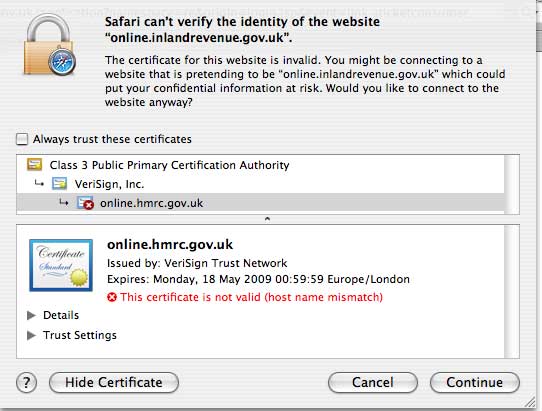I always thought the MySpace/Google deal was a work of genius — for Rupert Murdoch. It’s beginning to look as though I was right.
The stock market may be fretting over Google’s disappointing earnings, but somewhere Rupert Murdoch is smiling.
One of the weaknesses that Google’s management highlighted in its conference call was advertising on social networks. The company said its traffic acquisition cost, the money it pays to sites on which it places ads, rose in the fourth quarter because of required minimum payments it must make to certain sites.
“We have found that social networking inventory is not monetizing as well as we would like,” said George Reyes, Google’s chief financial officer, implying that the sites on which the minimum payments are due were social networks. By far, the largest social network on which Google sells ads is MySpace, which is owned by Mr. Murdoch’s News Corp. In 2006, Google agreed to a three-year deal to sell ads on MySpace, committing to pay a minimum of $900 million.
People involved in that deal said that Google never assumed that it would earn its $900 million back from that deal, but it appears to be losing even more than it had expected.




